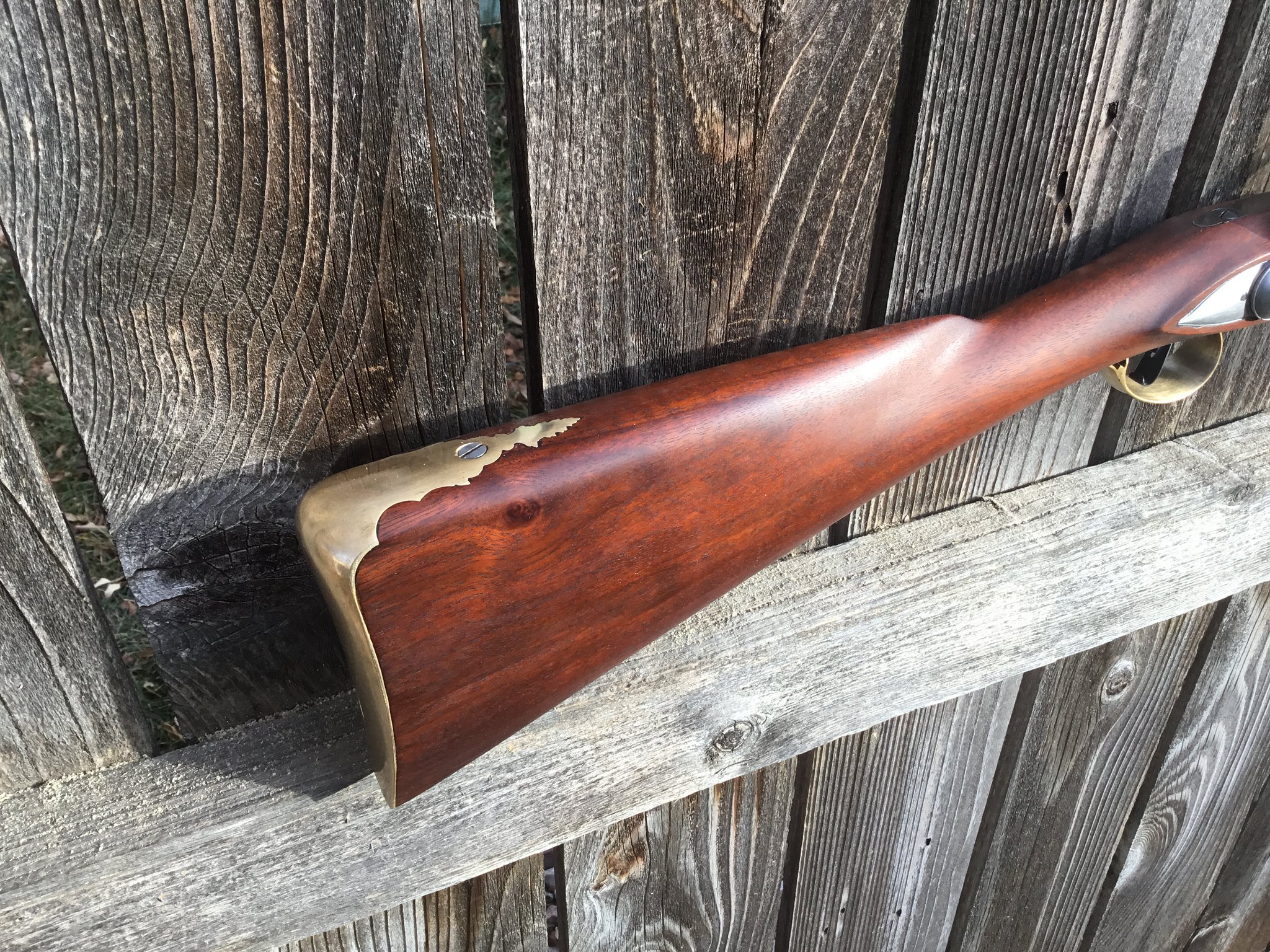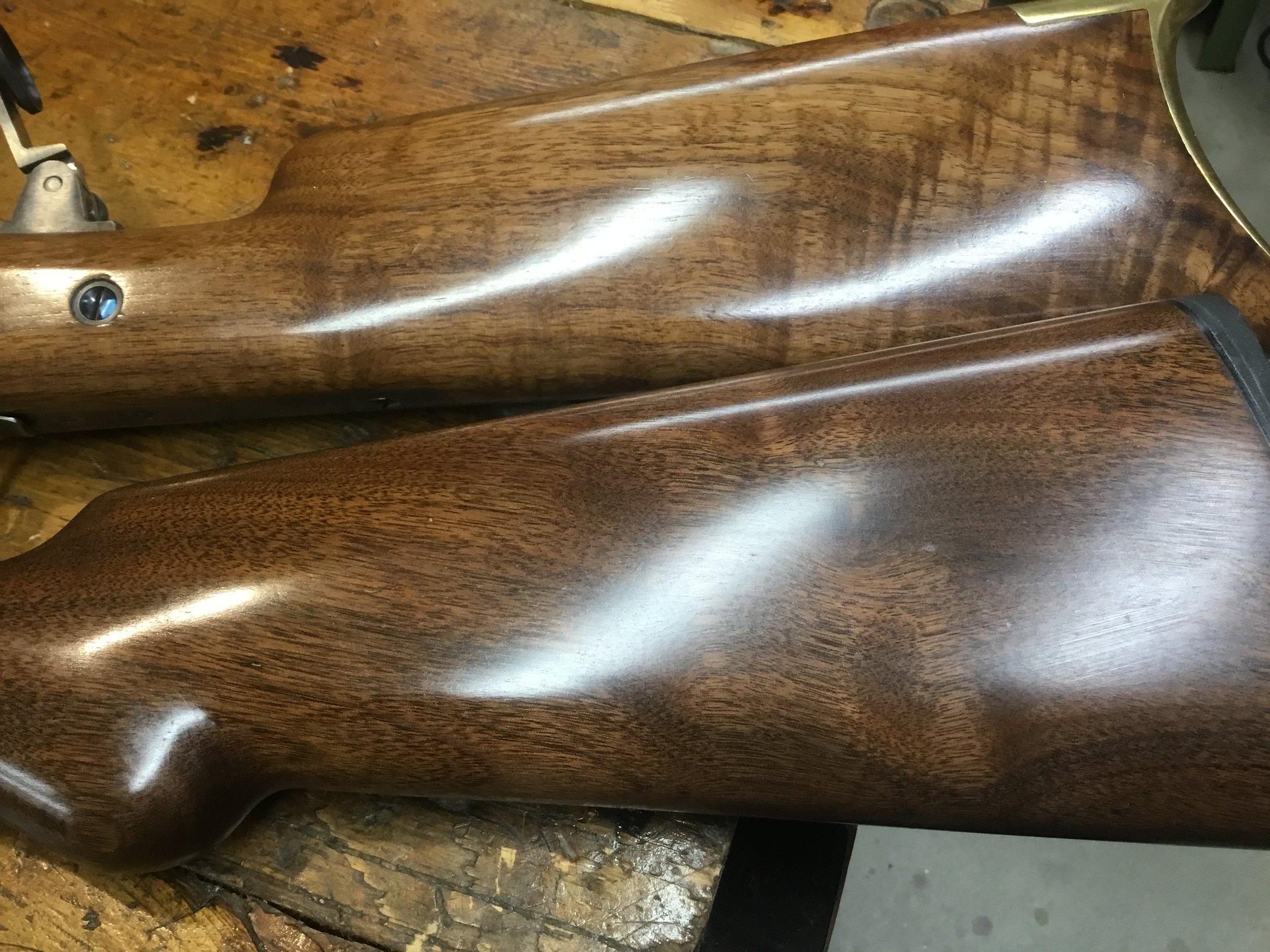I think your problem is you're putting on coats that are way too thick. Coats should be applied
very, very thinly
with your fingers and rub in and smooth out (you can feel it getting "thick" when it's been applied right and ready to be left alone). Then wait until all tackiness is gone before even attempting the next coat. At this point you've got multiple layers too thick to properly dry and cure and I'd suggest you go to work with your steel wool and get it all off, or at least at much as you can, then get all that steel wool dust off of there by brushing, air-blowing, tack-ragging and wiping down with solvent. Start all over again by first very lightly sanding,
leaving the sanding dust on the stock (why? the dust mixes with the oil and helps fill the pores), then apply as I suggested, wait again, and then again lightly sand in between coats, just enought to dull the surface, 400 grit ought to work fine, each time leaving the sanding dust on.
DO NOT USE STEEL WOOL in between coats unless you take great care to get all the steel wool dust off.
Personally, I wouldn't use Tru-Oil anyway for a muzzleloader, as the final result is a shinier finish on the stock than I prefer for that type of firearm. I have, however used it obviously, or wouldn't have been able to recommend how to remdediate your project.
I refinished my Pedersoli, too, but didn't use Tru-Oil:
https://www.muzzleloadingforum.com/threads/yup-fixed-my-pedersoli.167978/







